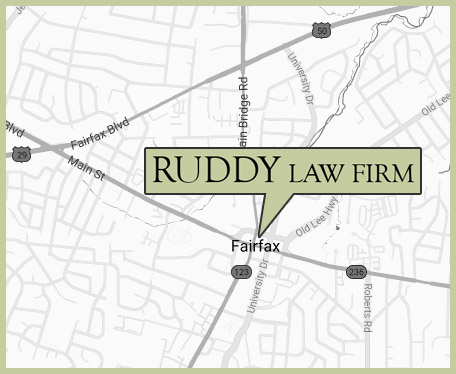Asking The Right Questions
Helping you ask and answer the right and relevant questions is part of the estate planning process and why you need an experienced attorney to guide you on this journey. And asking the right questions is critical to helping shape the language in your estate planning documents. More times than we can recount over the last 30 years, clients do not mean what they say to us in response to our questions. For instance:
Who should be guardian of your minor children?
Parents with minor children are rightfully very focused on who will raise their children should both of them pass away. When asked to name the “guardian” or “successor guardian” for their minor children, clients often turn to their siblings. But when picking a family member who is married, they typically will add the spouse of the family member as a co-guardian, and this leads to two very relevant questions: If the family member named guardian and his or her spouse should divorce, who do you really want to raise your children? If the family member named dies, do you want his or her spouse to raise your children, especially if that spouse should remarry someone you know nothing about? At the end of the day, with rare exception, most clients are only naming the family member’s spouse as a co-guardian because they do not want to hurt their feelings. The selection of guardian to raise your children has to be based on what is best for your children, not whether someone feelings will be hurt.
Who should receive your estate and when?
Parents typically name their children as the beneficiary of their estate when they both have passed away. However, when and how a separate share for each child is calculated requires some thought and discussion, as every family situation is different and one size does not fit everyone.
Here are a couple of suggestions to consider when evaluating this question:
- Most parents we have met over the years agree with the proposition that they want to get each of their children through a certain level of education. If one child has already had their college education paid for, but another has not yet entered college, dividing the residuary estate into separate shares at that point or using any of the funds for the child who has been educated could be viewed as unfair to the younger child. This can be addressed in your estate documents, and if there are ample funds to educate the younger child, then the older child can be provided support as well out of his eventual share of the trust until their separate shares are determined. Typically what we see is the trust divides into separate shares when the youngest child reaches the age of 25, but that age does vary.
- Most parents agree that no 18 year old or even 25 year old beneficiary, whether a child of yours or not should be handed a significant inheritance and be free to do what he or she wishes to do with those funds. We were all young at one time, and now know based our own life experiences that so many unforeseen events can happen that could adversely impact that inheritance, from attracting the wrong type of “friends”, to exposing the inheritance to creditors of the young beneficiary who ran up a credit card, to allowing an immature beneficiary to waste the assets on frivolous purchases like a brand new car that many young people would incur, to co-mingling the assets after marrying and then seeing those assets be divided in a later divorce. There are ways to address all of these and mitigate or eliminate the consequences of each, but still have the funds available for the benefit of the beneficiary and give the beneficiary the time to mature.











